Could Trump’s Return to Power Spell the End for Veterans Affairs?
The Department of Veterans Affairs (VA) stands at a crossroads. With recent Supreme Court decisions and the potential return of Donald Trump to the White House, many are questioning the future of this essential agency.
The stakes are high as the VA’s ability to serve America’s veterans faces unprecedented challenges. Could this spell the end of the VA as we know it?
The Controversial VA Mission Act of 2017
In 2017, the Trump administration introduced the VA Mission Act, promising to expand private healthcare options for veterans. While pitched as a way to provide more choices, many veterans’ organizations saw it as a step towards privatizing the VA.
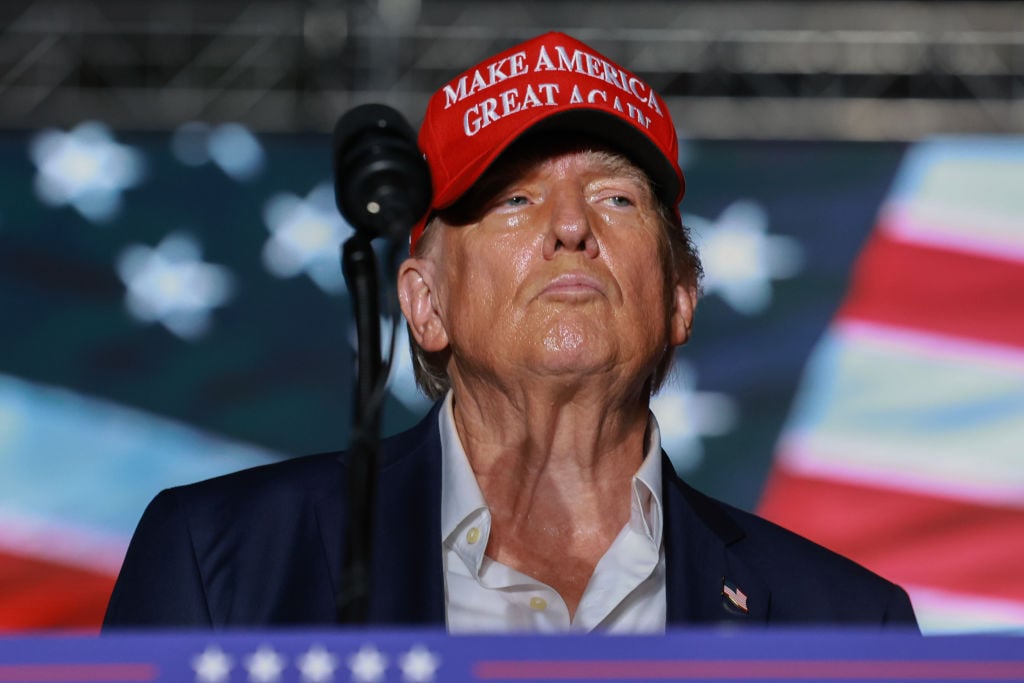
Source: Joe Raedle/Getty Images
Critics warned that shifting resources to private care could weaken the VA’s facilities and degrade the quality of care veterans rely on.
Mixed Reviews and Discontent Among Veterans
Seven years after its implementation, the VA Mission Act has received mixed reviews. According to Rolling Stone, between October 2023 and April 2024, the VA reported a 19% decrease in new patients waiting more than 20 days for primary care.

Source: Military.com
However, many veterans remain frustrated with a lack of quality providers in their communities and restrictive VA policies, like denial of claims after two missed appointments.
Supreme Court's Decision to Overturn Chevron Doctrine
In a significant move, the conservative Supreme Court recently overturned the Chevron doctrine, a legal precedent established in 1984. This doctrine allowed federal agencies like the VA to interpret ambiguous laws without constant judicial interference.
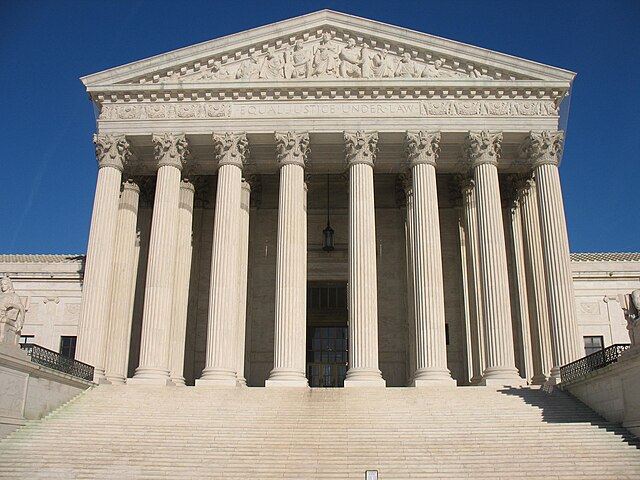
Source: Kjetil Ree, Wikimedia
Its removal could lead to a wave of court challenges against VA regulations, creating legal chaos and potential paralysis.
The Impact of Overturning Chevron on the VA
Without Chevron deference, the VA could struggle to enforce its rules and regulations. The Supreme Court’s decision means the VA’s interpretations of laws are now open to judicial review, threatening the agency’s ability to provide consistent and timely care to veterans.

Source: Freepik
This new legal uncertainty could overwhelm the VA with lawsuits, delaying services for those who need them most.
The Hidden Agenda?
The legal shift could provide an opening for private healthcare companies to push for privatization of the VA’s $325 billion budget. With a second Trump administration potentially backing these efforts, privatization could become a reality.
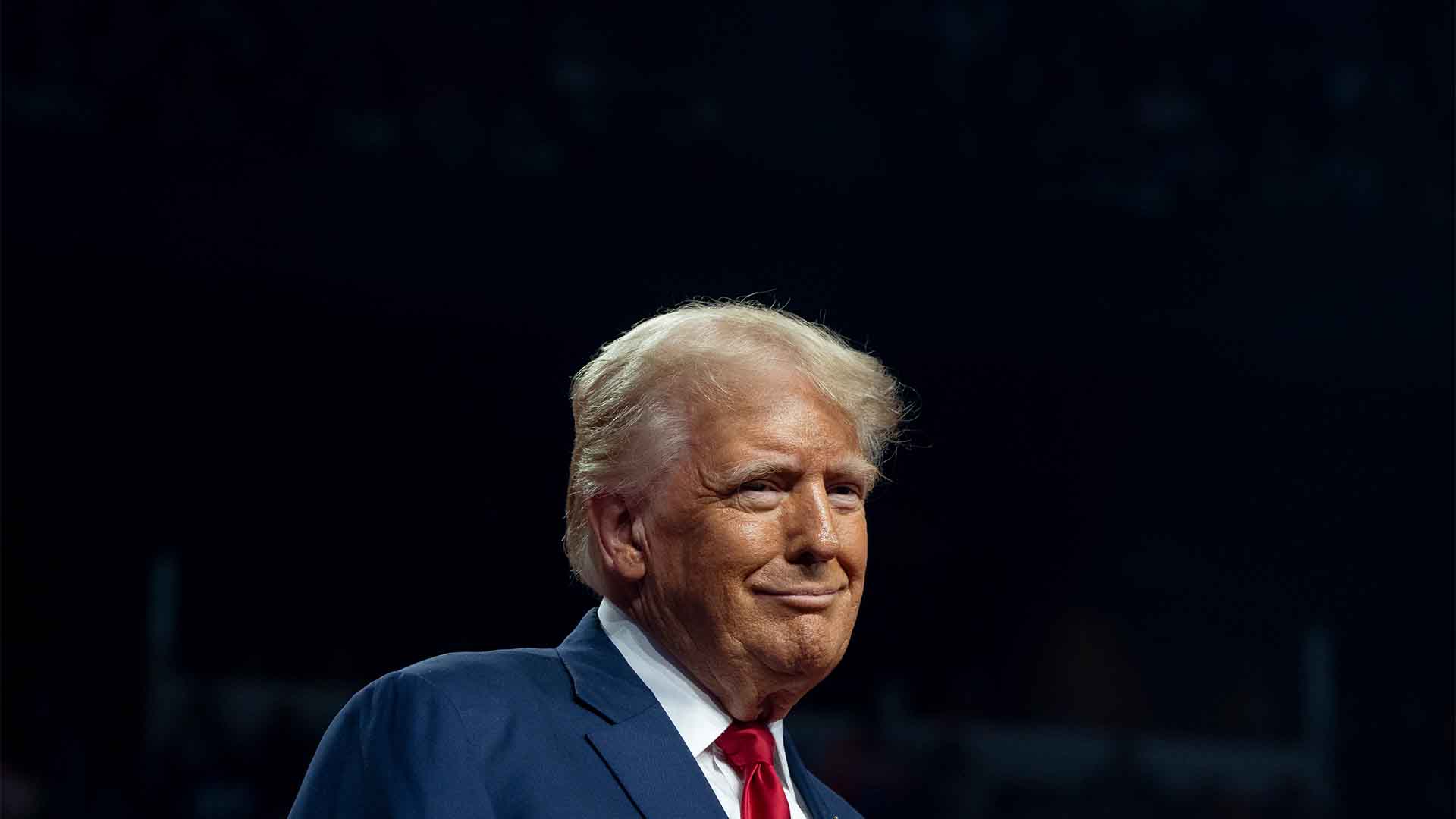
Source: Rebecca Noble/Getty Images
Veterans organizations, like the American Legion, fear this would undermine the VA’s ability to serve those who have served our country.
VA's Unique Role in Serving Veterans
The VA is uniquely equipped to address the specific needs of veterans, from combat-related injuries to mental health issues. It is the only public health care system designed specifically for those who have borne the battle.

Source: Quora
Without the ability to create and enforce its rules, the VA could lose its capacity to meet these specialized needs.
Potential Consequences of Legal Uncertainty
If the VA loses its authority to make new rules altogether, the agency could face a gridlock. With timelines for passing veterans’ legislation stretching from months for cost-of-living adjustments to decades for comprehensive measures like the PACT Act, Congress faces a daunting challenge.

Source: iStock
The risk? Put plainly: veterans could be left waiting without timely access to the care they deserve.
The Moral and Ethical Dilemma
In the aforementioned Rolling Stone piece, Michael Embrich, a former member of the Secretary of Veterans Affairs’ Advisory Committee, called this situation a “profound moral and ethical challenge.”
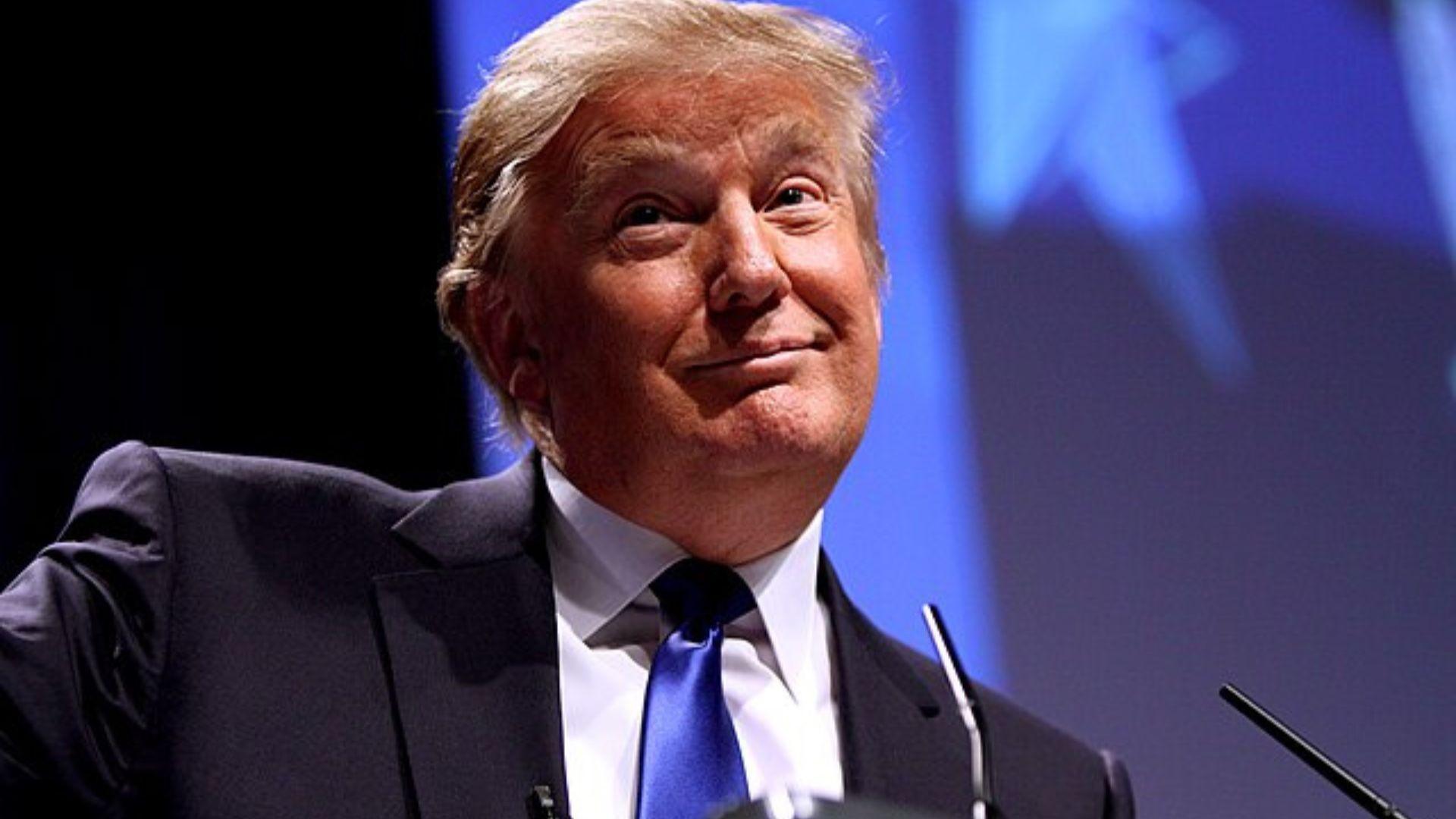
Source: Gage Skidmore/Wikimedia Commons
The VA represents a promise to those who served, but that promise is now at risk. The question remains: will the nation uphold its commitment, or will veterans be left in the lurch due to deregulation and privatization?
A Potential Return of Trump and Its Implications
With Donald Trump possibly returning to power, there are growing concerns about further efforts to dismantle the VA. During his presidency, Trump’s push for private health care through the VA Mission Act was seen by many as an attempt to privatize veterans’ care.
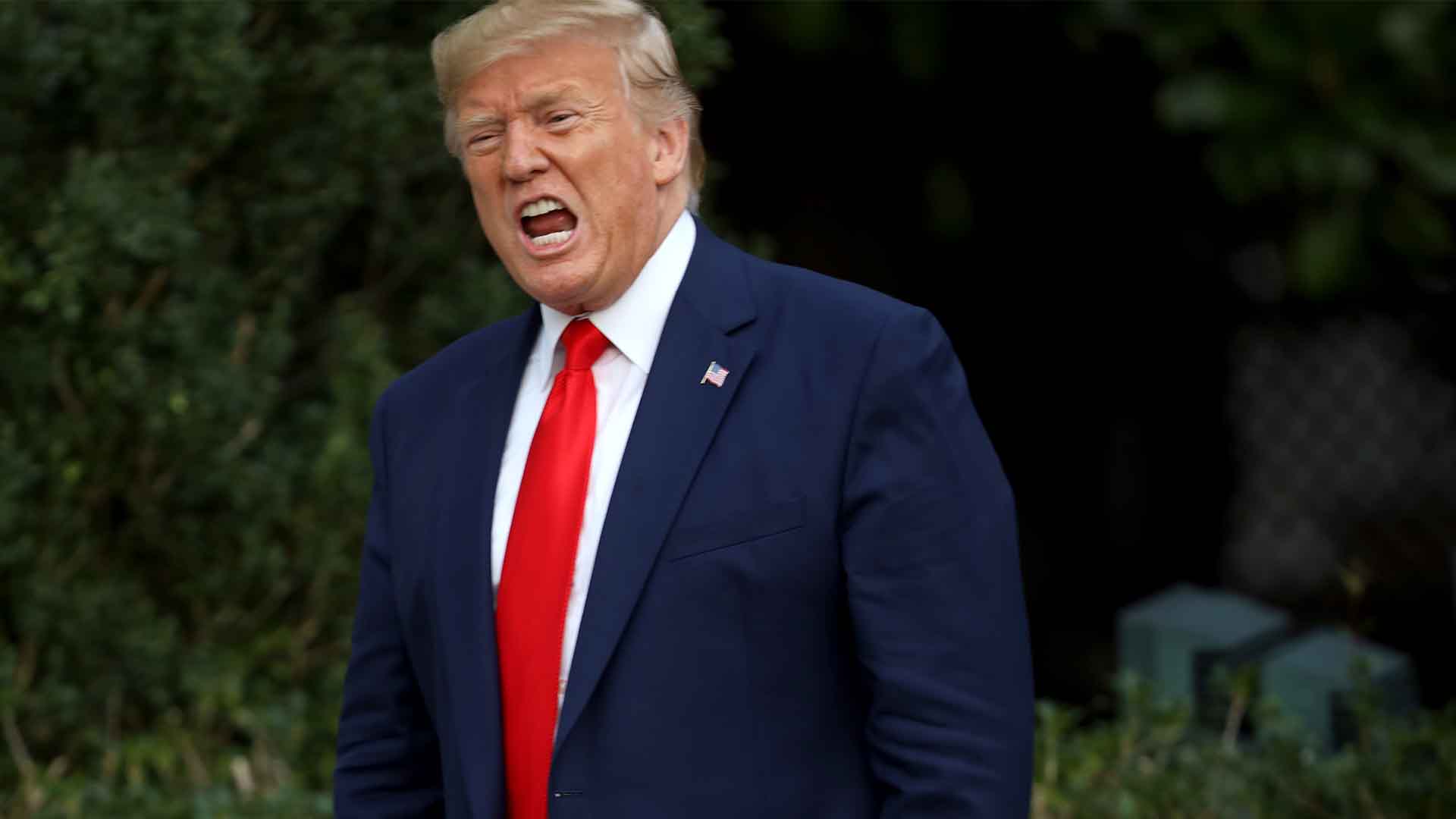
Source: Win McNamee/Getty Images
A second term could bring even more aggressive moves towards dismantling the public health system for veterans.
Frustrations and Fears
Many veterans have expressed their fears and frustrations regarding the potential changes. They worry about losing access to specialized care and being forced into a fragmented private healthcare system.
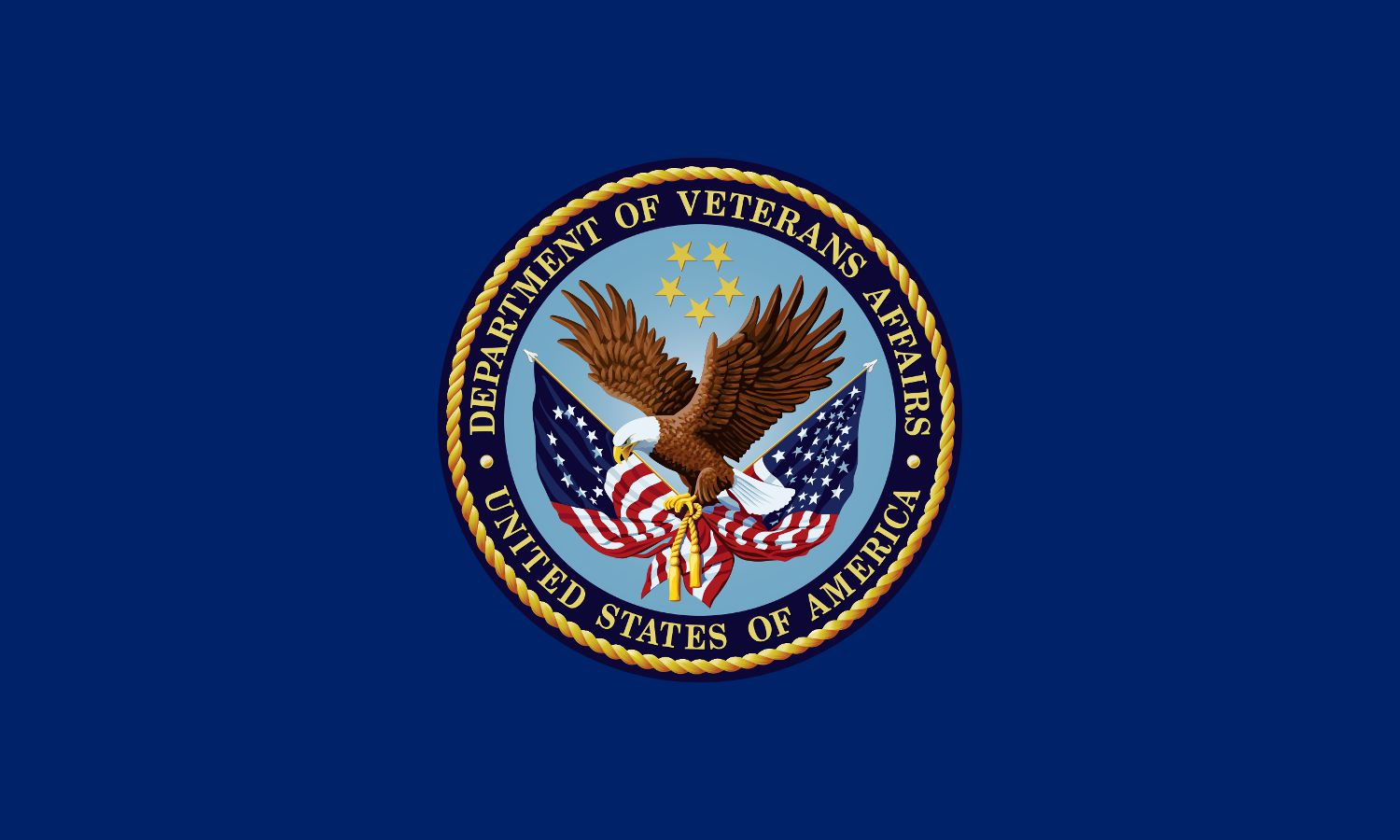
Source: Wikipedia
For those who have already faced lengthy wait times and restrictive rules, the prospect of more changes brings anxiety and uncertainty about the future of their care.
The Future of Veterans Affairs
The future of the VA hangs in the balance. With potential legal battles, privatization efforts, and a changing political landscape, veterans and their advocates must stay vigilant.
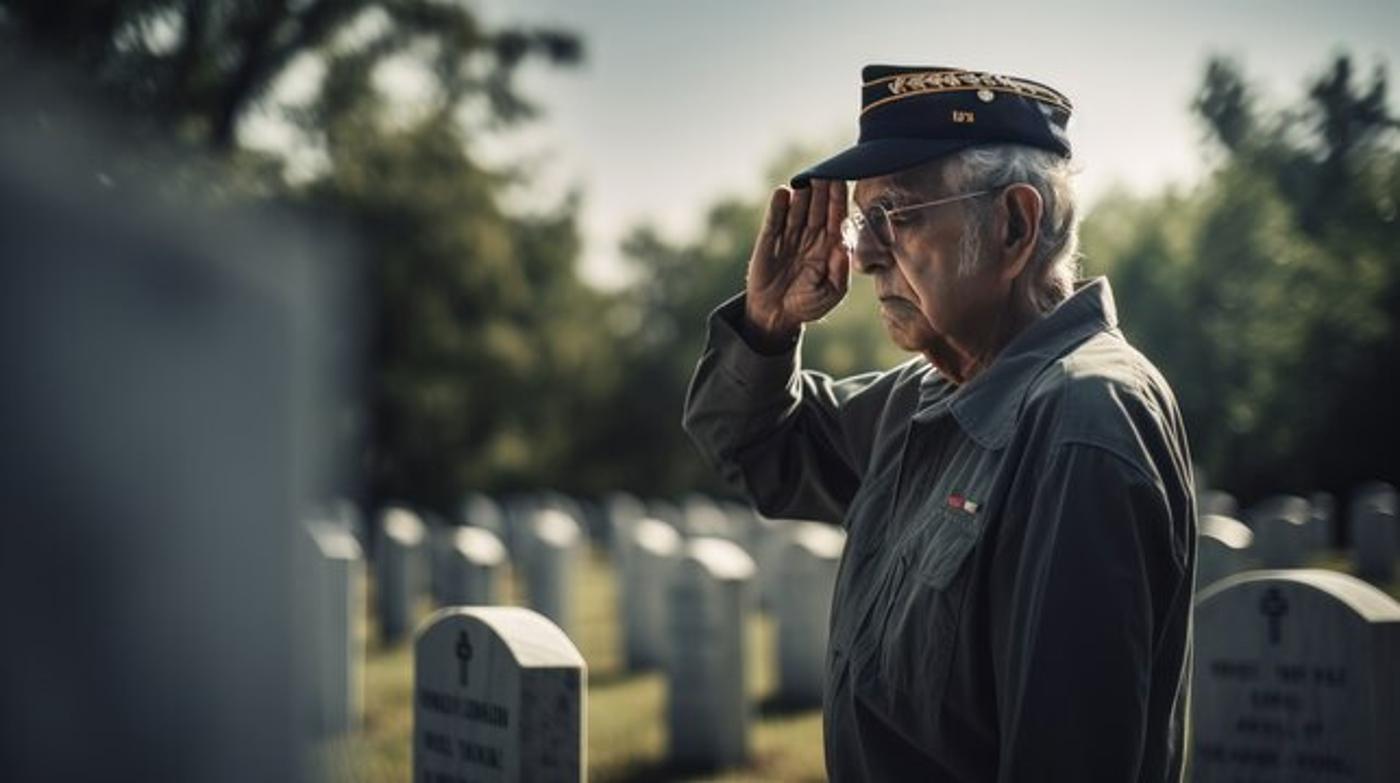
Source: Adobe Stock
The VA’s ability to serve those who have sacrificed for the nation is at risk, and it’s up to lawmakers and the public to ensure this promise is kept. The fate of millions of veterans depends on it.
